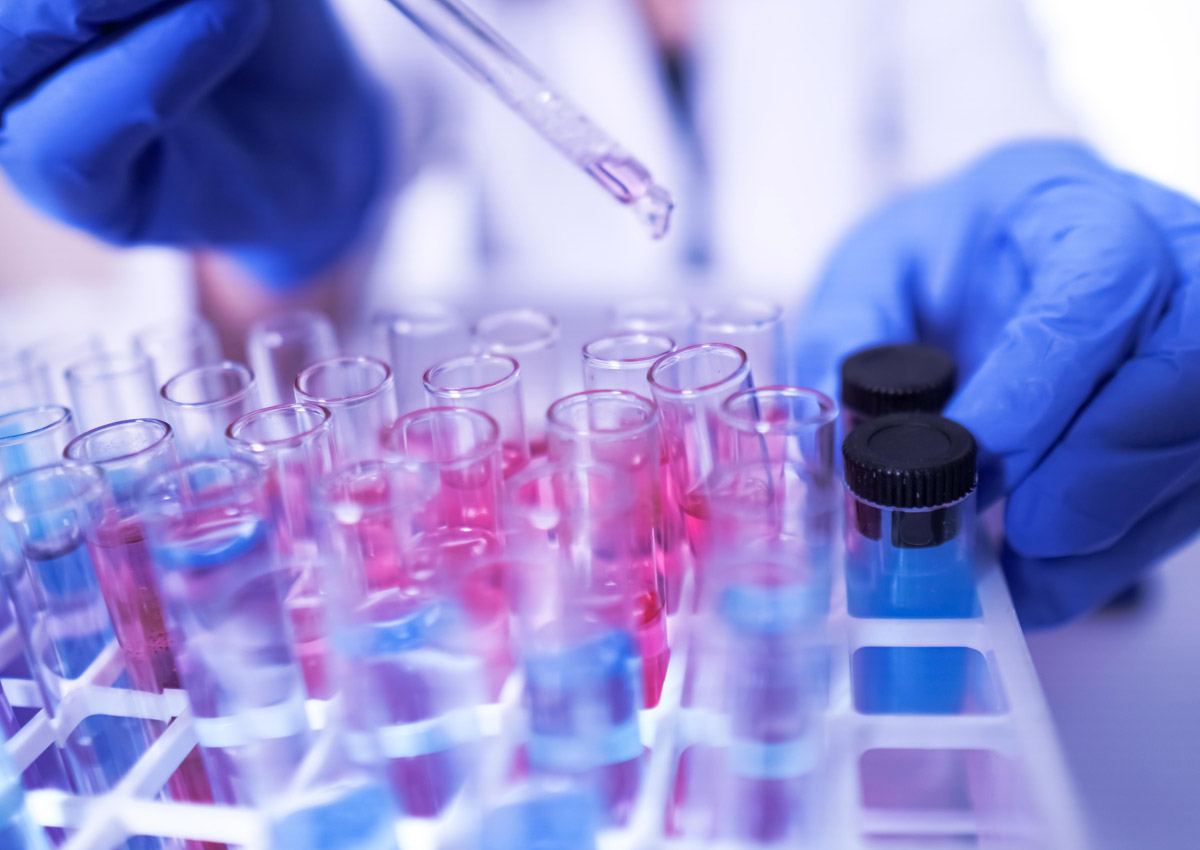
Researchers Turn to Cell-free Biotechnology to Accelerate COVID-19 Therapeutics
April 8, 2020| |
Researchers at Northwestern and Cornell Universities have developed a new platform for the production of new therapies such as anti-viral drugs for COVID-19 more than 10 times faster than current methods. The research team is using an unlikely tool for the platform: bacteria. The researchers took out the molecular machinery out of bacteria, then used that machinery to make therapeutics in a safe, inexpensive, and rapid manner. The idea is similar to opening the hood of a car and removing the engine, which allows researchers to use the engine for different purposes, free from the constraints of the car.
Through a startup company, the Northwestern and Cornell researchers are working to mass-produce a promising antibody therapy developed by an outside biotherapeutics company. The antibody binds to the part of the coronavirus that infects the host cells, stopping it in its tracks.
Michael Jewett, professor of chemical and biological engineering in the McCormick School of Engineering and director of Northwestern's Center for Synthetic Biology said that cell-free biomanufacturing can cut the production times of anti-viral medicines to just a few months instead of a year. Jewett said, "We are designing simplified antibody-based drugs that can be produced in bacteria rather than mammalian cells, which are far slower and more expensive to scale. In this way, we believe that we will be able to get a COVID-19 treatment into the clinic and ultimately to affected patients worldwide more quickly while increasing access."
For more details, read the article in Northwestern Now.
| |
You might also like:
- UConn Researcher Develops Simple, Low-Cost CRISPR-based Diagnostic Test for COVID-19
- Scientists Say COVID-19 Coronavirus Has Natural Origins
- Viable Vaccine Candidate for COVID-19 Developed Using Proprietary Plant-based Technology
Biotech Updates is a weekly newsletter of ISAAA, a not-for-profit organization. It is distributed for free to over 22,000 subscribers worldwide to inform them about the key developments in biosciences, especially in biotechnology. Your support will help us in our mission to feed the world with knowledge. You can help by donating as little as $10.
-
See more articles:
-
News from Around the World
- Continuous Adoption of GE Crops Confirms Coexistence is Attainable
- Science Media Centre Malaysia Launched
- Indian Experts Develop Nutritious Drought Tolerant Chickpea
- Rothamsted Research Study Shows White Flour is Healthiest It's Been in 200 Years
-
Research Highlights
- Study Identifies New Mechanism for Temperature Sensing in Plants
-
Plant
- CRISPR-Cas9 Used to Transform Normal Maize to Waxy Version
- Scientists Determine Successful, Cost-Efficient Biofuel Production
- Gene Editing of Three BnITPK Genes in Oilseed Rape Reduces Phytic Acid in Seeds
-
Health
- Researchers Turn to Cell-free Biotechnology to Accelerate COVID-19 Therapeutics
- Native Australian Plant Paves Way for Vaccine Development Against COVID-19
-
Read the latest: - Biotech Updates (February 18, 2026)
- Gene Editing Supplement (January 28, 2026)
- Gene Drive Supplement (February 22, 2023)
-
Subscribe to BU: - Share
- Tweet

